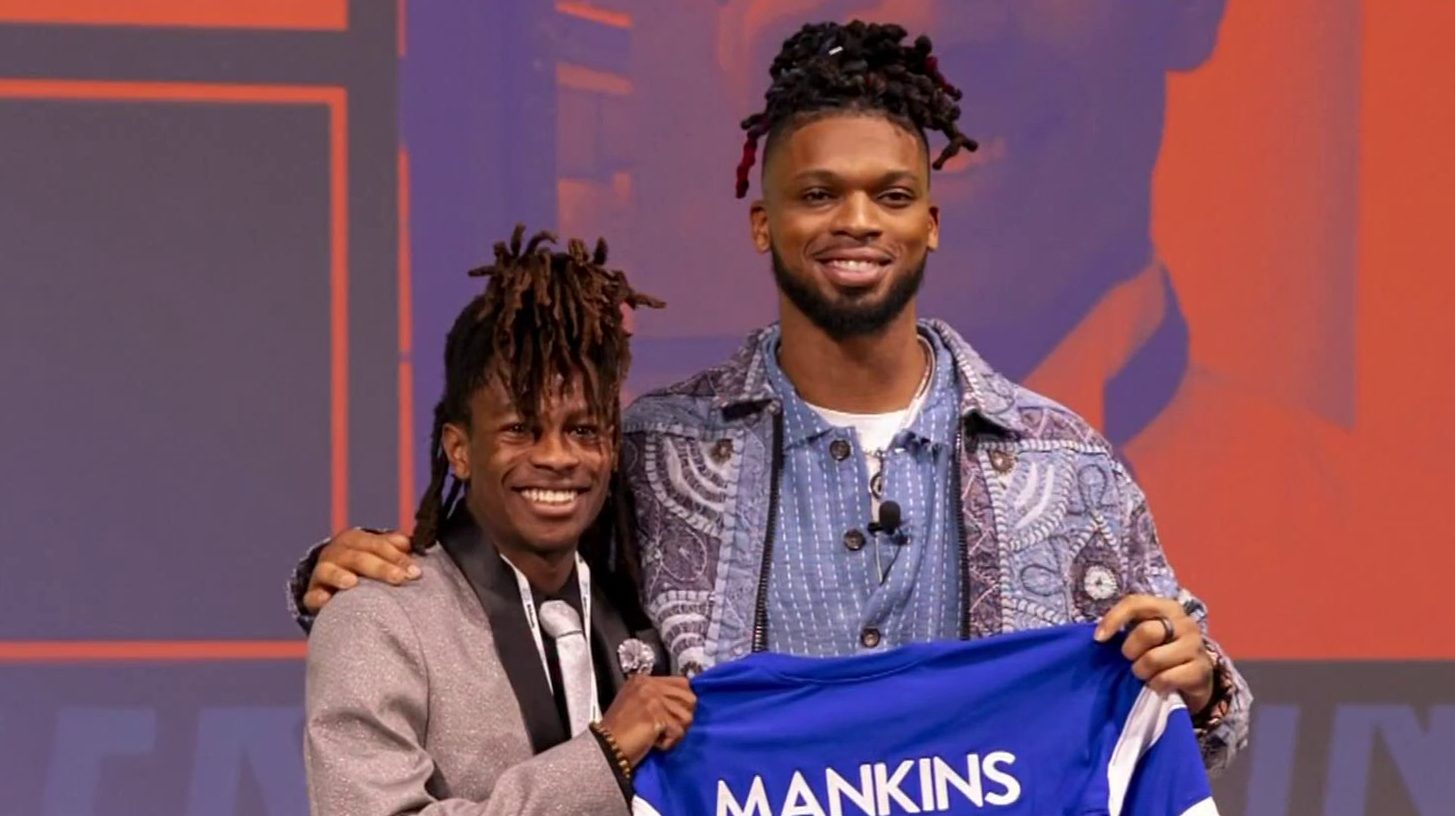Thelma Suson remembers the moment she heard the words, "You have cancer."
"My concept was cancer equals death, so with that frame of mind it was very depressing," Suson said.
She said she also remembers the moment her mindset changed.
While dealing with the fatigue of cancer treatment, a friend invited her to a "Relay for Life" fundraiser benefitting the American Cancer Society. It's where Suson met cancer survivors for the first time.
Get DFW local news, weather forecasts and entertainment stories to your inbox. Sign up for NBC DFW newsletters.
"For me, it was just like a switch that said, 'Oh my God, I'm not going to die. I'm going to be able to make this,'" Suson said.
Now a grandmother and 21 years cancer-free, Suson has spent the last two decades organizing her own Relay For Life events.
Suson is retired from Delta Airlines, but while she worked there she recruited the company to get involved and helped raise millions of dollars for the American Cancer Society.
Health Connection
Get connected to a healthier life.
"You love her story and we love her telling it because it inspires others," said Jeff Fehlis with the American Cancer Society.
Hearing from survivors is critical because it can convince someone to get screened.
According to the American Cancer Society, screening rates for breast cancer, cervical, colorectal and lung cancer plummeted 90% after the start of the pandemic. While screening rates are rebounding, there's still at least a 30% decline compared to before the pandemic, Fehlis said.
"If you think about screening for breast cancer, for cervical, for colorectal, for lung those are critical," Fehlis said. "Those screenings can prevent or detect cancers early enough where you can treat them and your survivorship chances are so much greater."
For Suson, early detection saved her life and now she shares her story in hopes of saving others.
"We have unique stories and just being out there and sharing your story in the supermarket or the elevator - that's huge," Suson said. "Support is so important."
The loss of health insurance is also a contributing factor to the decline in cancer screenings, Fehlis said.
According to the Economic Policy Institute, up to 12 million Americans may have lost their health insurance due to job losses in 2020.
Fehlis said it was important everyone know there are financial resources available for screenings and those battling cancer.
"Go get screened," Fehlis said. "Don't delay. It can be a life-saving event for you."
The American Cancer Society offers a free 24/7 cancer helpline at 1-800-227-2345 or you can visit www.cancer.org/getscreened for support and resources about cancer prevention and early detection.




